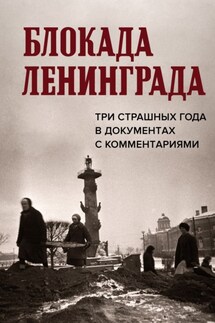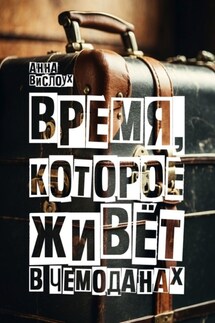Solar Wind. Book one - страница 34
Hadrian this time looked distasteful of his governor and turned to the commander Severus.
“Apparently, the Jews felt insignificant punishment to which they were subjected to the divine Titus and the price must now be much greater. As Virgil wrote, ‘You can't get used to wars like this!’46 Jews must be scattered around the world, and then their harmful religion will disappear.”
“The laws of Rome,” thought Hadrian, “were wiser than the Jews, and our legions were stronger than their detachments. And in general, the people of Rome could become greater and mightier, because he learned from others. We absorbed the culture of Greece and Egypt, joined their gods and were protected in all designs and deeds. Zeus and Hera, Jupiter and Juno, Cybele and Myrtle. What can compare to their power? What can a Jewish god? After all, he is alone, just like Christians. And that's because they're weak.”
“Where's the cave? I want to see a defeated enemy,” Hadrian said, and then he touched the horse.
“Caesar, there are still enemies roaming. Our legionnaires didn't catch everyone. It's not safe!” the Severus retorted.
“Nothing,” Hadrian looked back at the retinue, “I'm accompanied by experienced warriors. Here, for example, is our Rufus. He's brave enough to hit the pathetic Jews if they get caught on the road. Isn't that true, governor?”
“Of course, emperor!” Tineius Rufus, who did not expect Hadrian to address him, mingled.
“If you show your back to the Jews for three years, then it is necessary once to see the enemy face,” Hadrian added, his eyes flashing. “Especially after the defeat of the enemy, when nothing is in danger. Don't you think, dear Quintus?”
“I…” the governor began, but the exasperated emperor did not listen to him, he went forward and next to him attached legates Severus with Matenianus to show the way.
“I think you've fallen out of favor, Tineius,” remarked the passing Ceionius Commodus, who did not like the governor for his arrogance.
Once in Rome, the arrogant Rufus, who was transported in palanquin through the narrow streets of the city, ordered the slaves—high and strong Cappadocian, that they did not give way to anyone. And when they came to meet the stretcher with Commodus, they rudely pushed his slaves aside. Ceionius noticed how the curtain on the palanquin moved, the cold, arrogant face of the Syrian governor looked out from behind it.
Now this face was different; Rufus lost his self-confidence and turned into a pathetic subject from whom everyone turned their backs.
The cave where Hadrian entered, accompanied by legats, retinue, and guards was remarkably quiet. Screams and scolding, the wails of the vanquished, black smoke in the sky and the smell of burning, all of it remained there, behind the walls. Here it was cool, the damp walls were unevenly illuminated by burning torches, but it was light enough to cover the whole cave.
The Emperor noticed several corpses of Jews lying on the side. In the far half-dark corner, apart from all, lay another body. He came closer. A retinue crowded behind; in a small space under the low arches was heard the noisy breathing of people.
On the stones lay a decapitated man in a dirty, blood-stained tunic. He was of short stature, raised fabric exposed short hairy legs with bare feet. There were no shoes on the former prince of Israel. Perhaps, the thieves have already visited and brought out everything that has turned under his arm.






